Why We Love Rwanda…
Known as the ‘land of a thousand hills, ‘ Rwanda sits south of the equator at a high elevation. The country’s geography is dominated by mountains in the west and savannah to the east, dotted with lakes throughout. This small but breathtaking country offers intimate encounters with some of the continent’s most iconic species — from the awe-inspiring mountain gorillas of Volcanoes National Park to troops of golden monkeys and forest-dwelling chimpanzees. Rwanda’s landscapes are a lush tapestry of misty volcanoes, dense rainforests, and shimmering lakes, making it a haven for nature enthusiasts. With conservation at its core and national parks like Akagera teeming with lions, elephants, and hippos, Rwanda is a sanctuary of biodiversity waiting to be explored.

Entry Requirements
Passports
To enter Rwanda, your passport must be valid for at least 6 months beyond your travel dates and must include at least one clean, full page for visa endorsement.
Visas
Citizens of all countries are eligible for a visa on arrival, but we highly recommend applying online in advance via Rwanda’s official visa portal. We advise applying at least 3 weeks before you are due to arrive, and our concierge team are on hand for advice regarding the steps needed to complete the e-visa, should you need it.
Vaccinations
We aren’t certified to give medical advice so always recommend you consult your doctor or a travel doctor, as they will know which vaccinations you have had already and any additional ones necessary for your trip. You can also take a look here for travel vaccination information and advice on bringing medication into the country.
It’s worth noting that there is a risk of Malaria in Rwanda, and a Yellow fever vaccination certificate is required for travellers arriving from countries with a risk of yellow fever transmission. More information on this can be found at the link above.
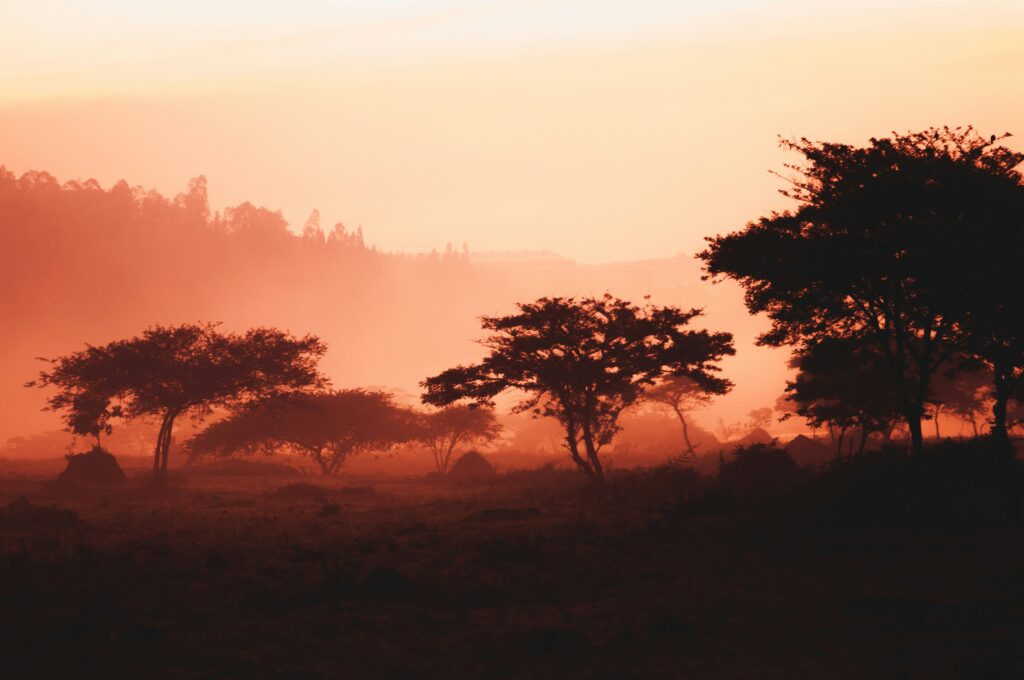
Transfers
We’re able to arrange your transfers for you. Just let us know your flight number, and we’ll plan the route and let you know the cost! For multi-stop trips, we can also arrange your transfers between hotels/regions.
Packing Tips
Please see our What to Pack on Safari blog for our top packing tips for your safari adventure. We strongly recommend that you carry overnight essentials and any prescribed medication in your hand luggage on international flights, particularly if connecting to an onward destination.
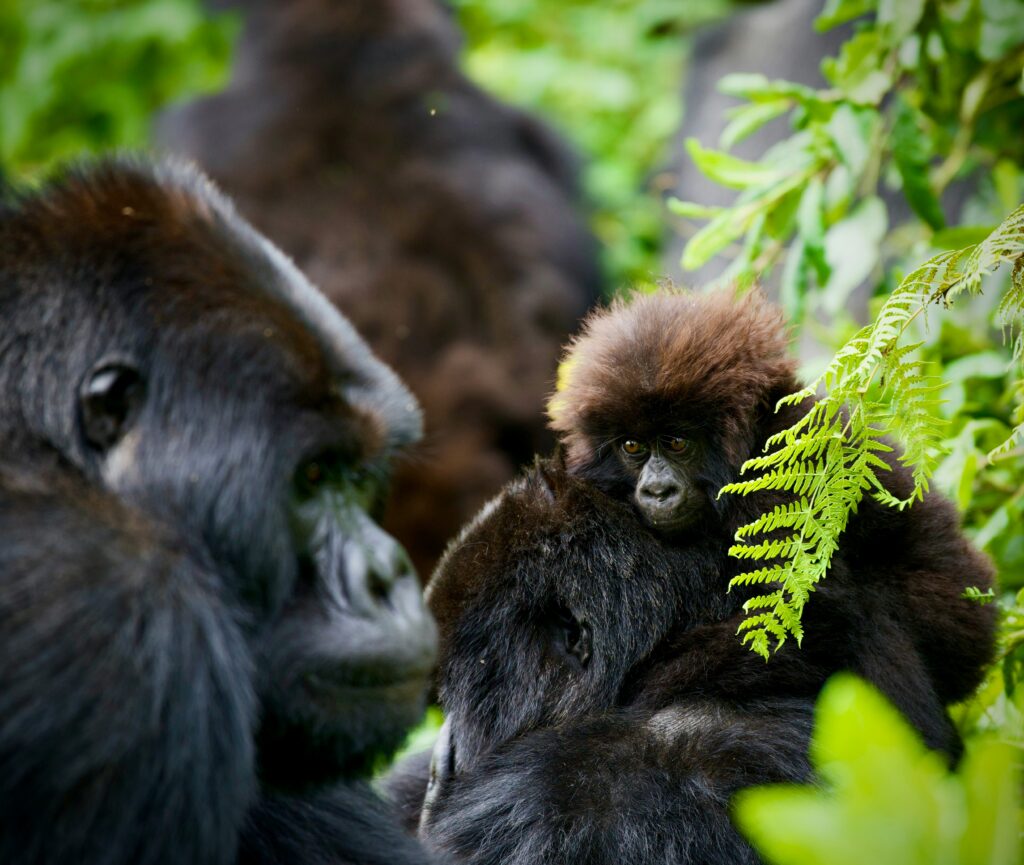
Climate
Rwanda, located just south of the equator, enjoys a mild tropical highland climate with little variation in temperature throughout the year—expect warm days and cool nights thanks to its elevation. The country experiences four distinct seasons: long rains (March–May), long dry season (June–September), short rains (October–November), and a short dry spell (December–February). The long dry season is the most popular time for primate trekking, offering clearer skies and easier hiking conditions. However, rain can fall at any time, so lightweight waterproofs are still recommended, and sturdy, waterproof hiking boots with a good grip are essential. Prepare well, and Rwanda’s rich biodiversity will reward you at every turn.
Laws and Customs
Before you travel, please take a look at Rwanda Laws & Customs here.
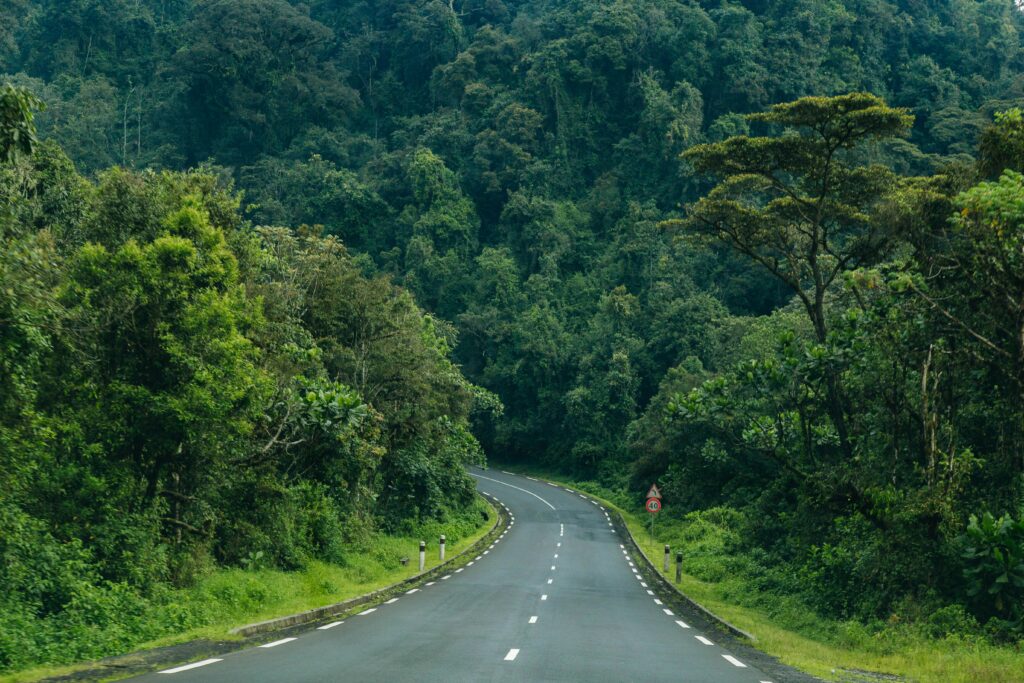
Plug Type
For Rwanda, the associated plug types are types C and J.
Currency
Rwanda’s currency is the Rwandan Franc (RWF), and the US dollar (USD) is also widely accepted at hotels and for various activities. We recommend travelling with USD in cash, as whilst most lodges do accept credit cards, the intermittent data signals in remote locations can make card payments problematic. All lodges accept USD, and you will be able to pay your drinks bill, tips and any extras with these. It is also a good idea to acquire some Rwandan Franc for purchasing crafts, souvenirs or any other spending outside of your lodge accommodation. We recommend changing around $50-$100 per person to start with. Banks are able to provide foreign exchange for RWF. However, foreign-exchange bureaus in Kigali and other larger towns are recommended as they offer preferable exchange rates.
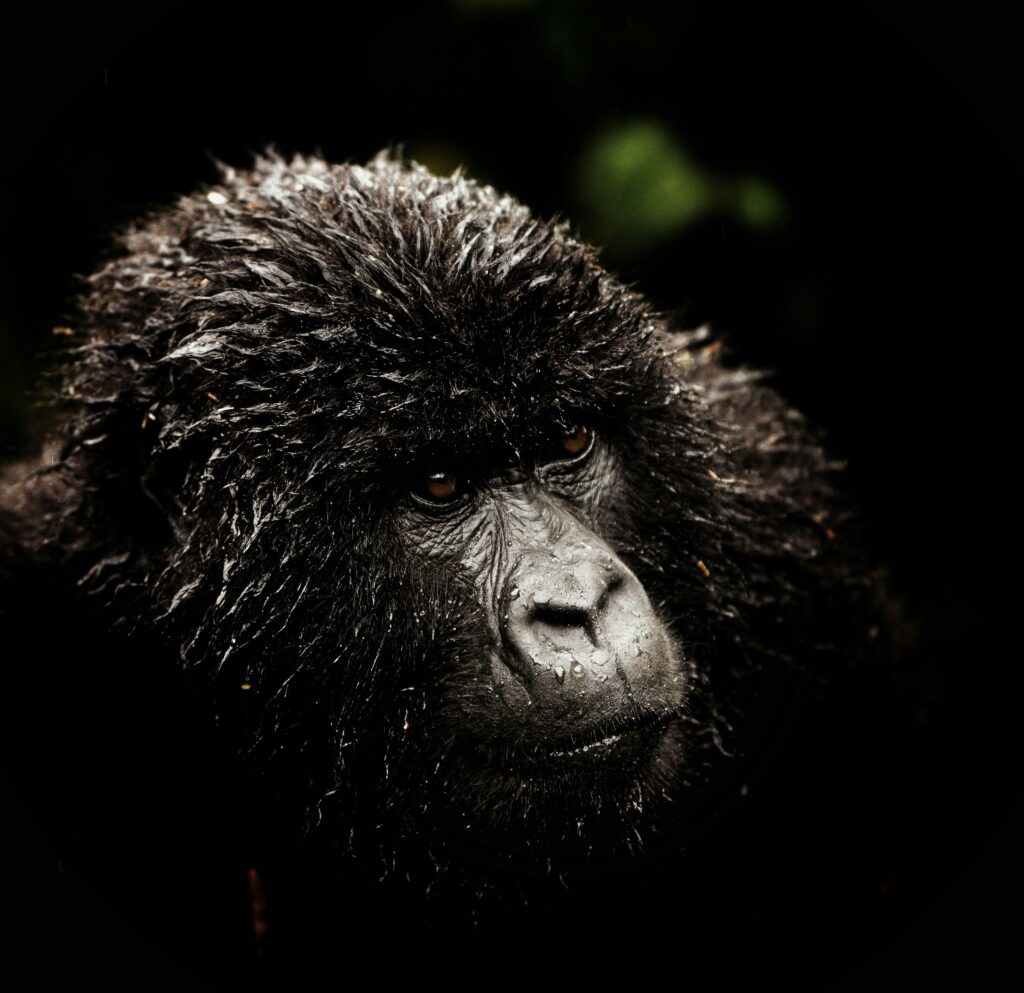
Plastic Bags
Rwanda banned all plastic bags in 2008 and has banned the use of single-use plastic items (unless there is no alternative). The country is proud to be the world’s leading plastic-free nation, and upon entry to Rwanda, your luggage may be searched for plastic bags and packaging. Please do not bring any plastic bags (including zip-lock bags) or single-use plastic items into Rwanda.
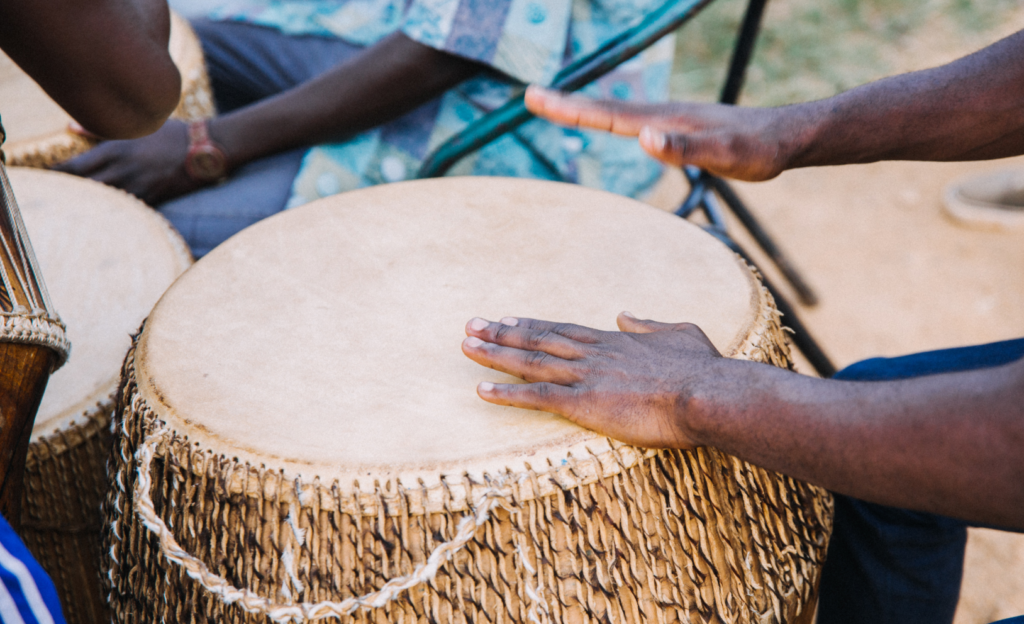
Tipping/Gratuities on Safari
Tipping in Rwanda is not mandatory but has become very common. Most lodges at which you will stay will have a tip box that is shared between all staff. You can tip in either our local currency or in $USD. If tipping in $USD, please make sure that your bills are “clean”, i.e. free of any marks or rips. They should also be of 2009 issue of newer. Older or damaged bills will be gratefully accepted but are exchanged into local currency at a much lower rate; meaning that the person will not receive the full amount that you intended them to receive
If you would like to leave a tip in a lodge, as a rough guide we would recommend $5-10 per night. Likewise, should you feel you would like to tip a ranger/guide/porter on an excursion we recommend a similar amount ($5-10).
Gorilla & Chimpanzee trekking tipping is as follows: The main Gorilla trekking guide: $10; the ranger: $5. The “Advance Team” – this is usually a group of 3 who help monitor the gorillas and assist in clearing space for your viewing while you are with the gorillas: $5 each; Porter: if you’ve been happy with the service we suggest adding $5 as a tip
Flights & Time Zone
The average total flight duration from London to Rwanda is 8.5 hours.
Rwanda is GMT +3, East Africa Time (EAT).
Language
The main language spoken in Rwanda is Kinyarwanda (a Bantu language also known as ‘Rwanda’). However, French is widespread, and English is spoken by a vast majority of the population.
Food
Rwandan cuisine is deeply rooted in locally grown staples such as plantains (igitoki), sweet potatoes, maize, cassava, and beans, reflecting the country’s rich agricultural heritage. These ingredients form the basis of traditional dishes like isombe (mashed cassava leaves often served with dried fish), ubugari (a porridge-like paste made from cassava or maize flour), and ibihaza (pumpkin mixed with beans).
